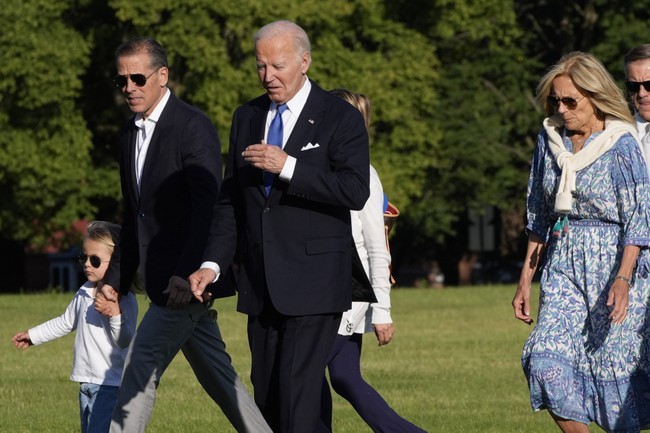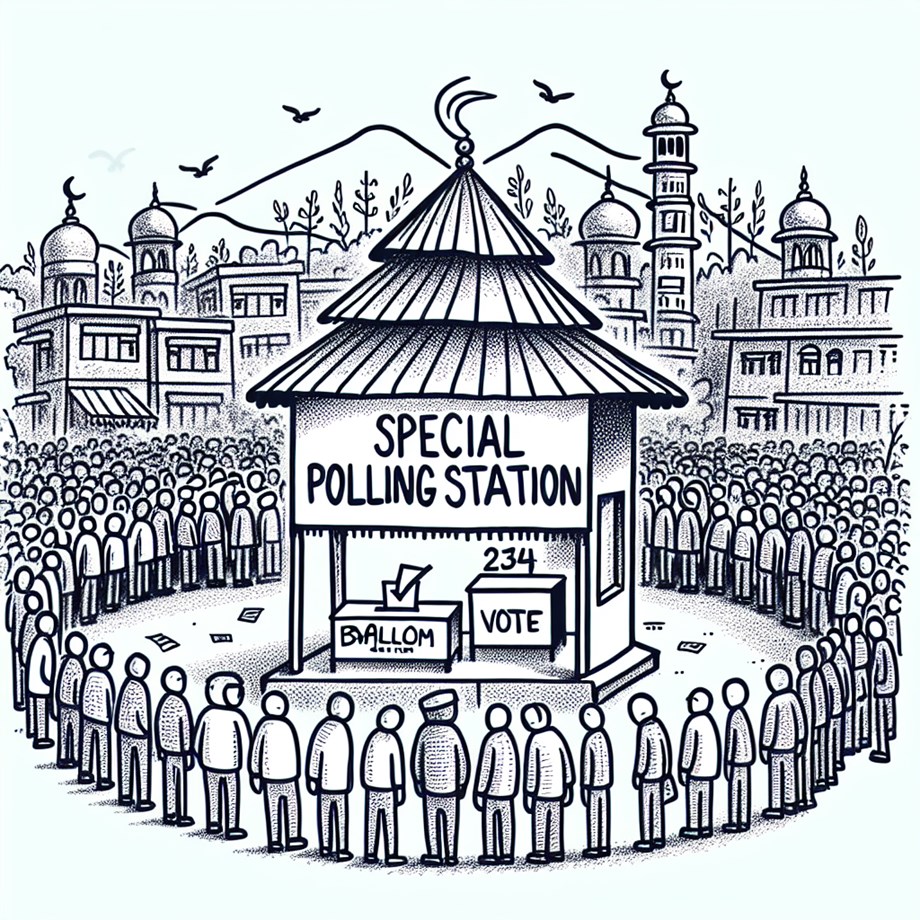Pollution Data Sparks Global Climate Debate
Explore how new pollution data unveiled at COP29 in Baku intensifies global discussions on climate change, highlighting challenges, emission trends, and the contentious role of fossil fuel interests.
Published November 16, 2024 - 00:11am

Image recovered from arabnews.com
The publication of recent pollution data at the COP29 summit in Baku, Azerbaijan, has sparked renewed debate and frustration over global climate negotiations. Cities in Asia and the United States have been identified as the largest emitters of greenhouse gases, contributing significantly to climate change. According to the data set released by Climate Trace, an organization co-founded by former U.S. Vice President Al Gore, Shanghai emerged as the most polluting city, surpassing even entire nations like Colombia and Norway in terms of emissions.
Amid these revelations, nations participating in the UN-led climate talks are grappling with setting new targets to curb emissions. They also face the challenge of determining the financial responsibilities of developed countries in assisting the world's transition to cleaner energy and adaptation to climate change. The gathering frustration among climate officials and activists stems from perceived shortcomings in curbing the influence of fossil fuel industries, particularly notable given Azerbaijan's role, an oil-rich nation, in hosting the summit.
The comprehensive dataset, enhanced by artificial intelligence and satellite observations, displayed Earth's total carbon dioxide and methane pollution rising by 0.7% to 61.2 billion metric tons. The data underscored that while short-lived methane increased by 0.2%, other types of traditional air pollutants also retained their prevalence globally. This extensive coverage, which encompasses emissions from over 9,000 urban areas, exceeds other data sets due to its detailed sectorial insights, as explained by Climate Trace co-founder Gavin McCormick.
The intense spotlight on major cities like Tokyo, New York, and Houston underscores the significant challenge these urban areas pose to climate goals, as their emission levels rank comparably to sizable nations. The Texas Permian Basin, renowned for its extensive oil production, was identified as the most polluting single site globally, raising concerns about the scale of environmental impact from such locations in comparison to industrial sites in Russia and China.
Amidst this backdrop, criticism has risen about the influence of fossil fuel interests at the climate talks. Al Gore, along with other notable figures such as former UN Secretary-General Ban Ki-moon, has publicly voiced concerns about the overwhelming presence and control exerted by fossil fuel industries and petro-states over the COP process. This worry is magnified by the fact that over 1,770 fossil fuel lobbyists were reportedly present at the talks, as highlighted by the Kick Big Polluters Out coalition's analysis.
The discussions at COP29 have been marked by calls for thorough reform. A letter signed by key climate change leaders appealed for an urgent restructuring of the negotiation process, emphasizing a shift from continual negotiation to practical implementation of agreed measures. This letter reiterates the need for the talks to be more action-oriented, leveraging the existing framework and commitments for real environmental change.
Critics, however, including Bill Hare, Director of Climate Analytics, have questioned the effectiveness of the current COP setup. The concern is that despite a post-2015 decline in projected warming rates, recent projections have stagnated or even increased, potentially undermining efforts to meet climate targets.
The broad dissatisfaction with the COP29 climate negotiations highlights a crucial juncture for international climate architecture. The need for a robust mechanism that balances negotiation, implementation, and accountability remains a key topic of discussion. The presence of influential industry lobbyists and the lack of decisive action fuel the narrative that more stringent policies and genuine commitments are necessary to ensure that these global summits fulfill their intended roles in safeguarding the planet's climate future.
In the coming months, as Brazil prepares to host the next round of talks, the international community will be closely observing potential shifts in the handling of the world's most pressing environmental issues. Notably, Brazilian President Luiz Inácio Lula da Silva's stance on climate change, with efforts to curtail deforestation, might introduce changes to the power dynamics within future COP negotiations, hopefully reducing the influence of big polluters and aligning discussions more closely with climate justice and actionable commitments.






